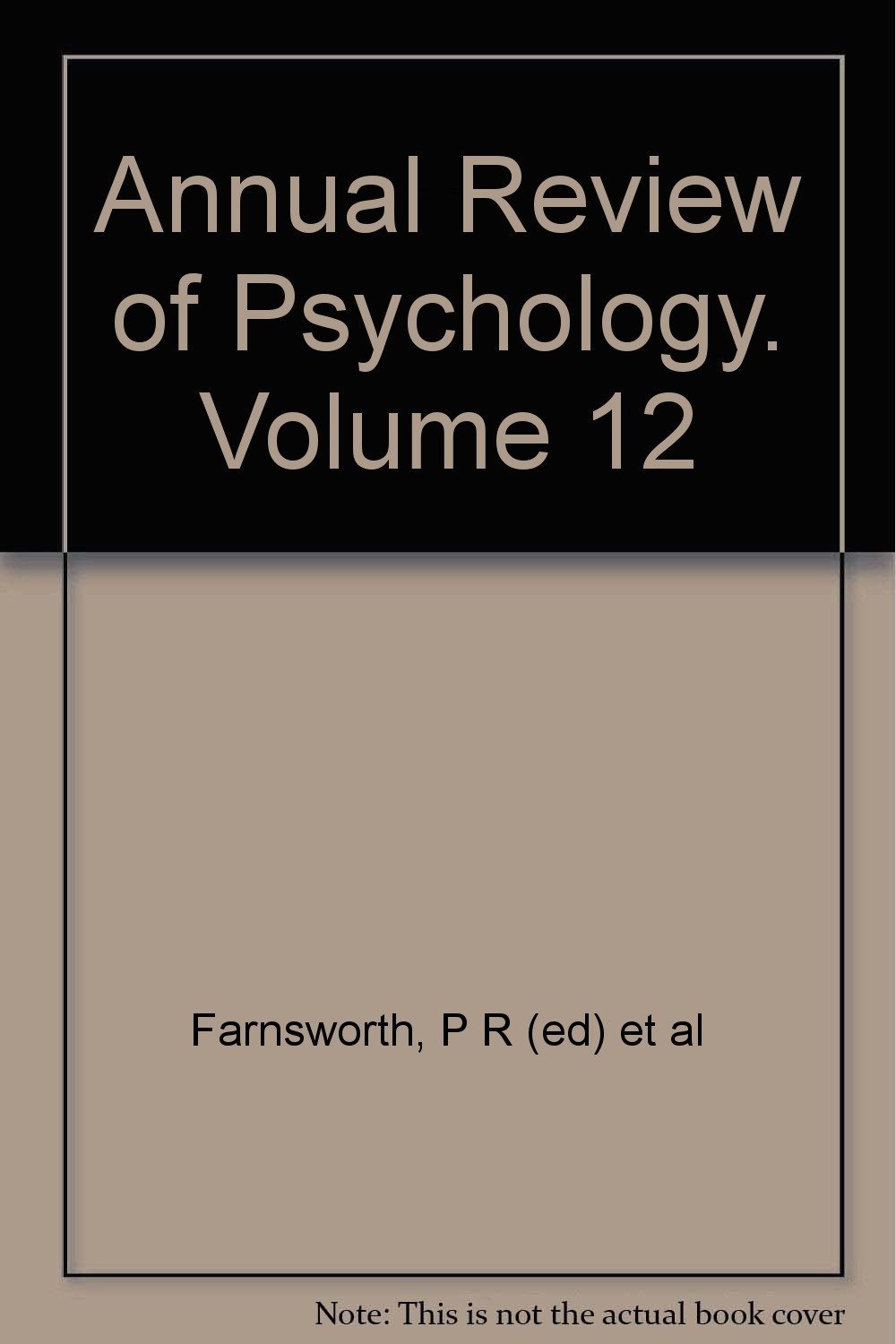Power and Ideology in Close Relationships.
IF 29.4
1区 心理学
Q1 PSYCHOLOGY
引用次数: 0
Abstract
This review specifies how individuals' relationship power (actor power) and their partners' power (partner power) influence distinct behaviors in close relationships. High-power actors can promote their own needs, whereas low-power actors must inhibit their needs or enact aggression or manipulation to fight for their needs. Actors must also accommodate the needs of high-power partners but can neglect or may feel obliged to protect low-power partners. Structural power asymmetries outside relationships prompt ideologies that shape perceptions, expectations, and subsequent behavioral responses to power within relationships. Using gender ideologies to illustrate, competitive ideologies (hostile sexism) motivate aggression by those who fight for power or prompt inhibition by those who cede power. Cooperative ideologies (benevolent sexism) divide power, generating accommodation of partners' needs in some domains and neglect in others. We emphasize the need to consider actor and partner power, relationship and structural power, power symmetries and asymmetries, and competitive and cooperative ideologies.密切关系中的权力与意识形态。
这篇综述阐述了个体的关系权力(行为人权力)和他们的伴侣权力(伴侣权力)如何影响亲密关系中的不同行为。高权力的行为者可以促进他们自己的需求,而低权力的行为者必须抑制他们的需求或采取侵略或操纵来争取他们的需求。行为者还必须适应高权力伙伴的需求,但可能忽视或可能觉得有义务保护低权力伙伴。关系之外的结构性权力不对称促使意识形态塑造了对关系内部权力的感知、期望和随后的行为反应。用性别意识形态来说明,竞争性意识形态(敌对的性别歧视)激发了那些争夺权力的人的攻击,或促使那些放弃权力的人的抑制。合作意识形态(仁慈的性别歧视)划分权力,在某些领域产生对伴侣需求的迁就,而在其他领域产生忽视。我们强调需要考虑行动者和伙伴力量、关系和结构性力量、权力对称和不对称、竞争和合作意识形态。
本文章由计算机程序翻译,如有差异,请以英文原文为准。
求助全文
约1分钟内获得全文
求助全文
来源期刊

Annual review of psychology
医学-心理学
CiteScore
47.30
自引率
0.80%
发文量
48
期刊介绍:
The Annual Review of Psychology, a publication that has been available since 1950, provides comprehensive coverage of the latest advancements in psychological research. It encompasses a wide range of topics, including the biological underpinnings of human behavior, the intricacies of our senses and perception, the functioning of the mind, animal behavior and learning, human development, psychopathology, clinical and counseling psychology, social psychology, personality, environmental psychology, community psychology, and much more. In a recent development, the current volume of this esteemed journal has transitioned from a subscription-based model to an open access format as part of the Annual Reviews' Subscribe to Open initiative. As a result, all articles published in this volume are now freely accessible to the public under a Creative Commons Attribution (CC BY) license.
 求助内容:
求助内容: 应助结果提醒方式:
应助结果提醒方式:


